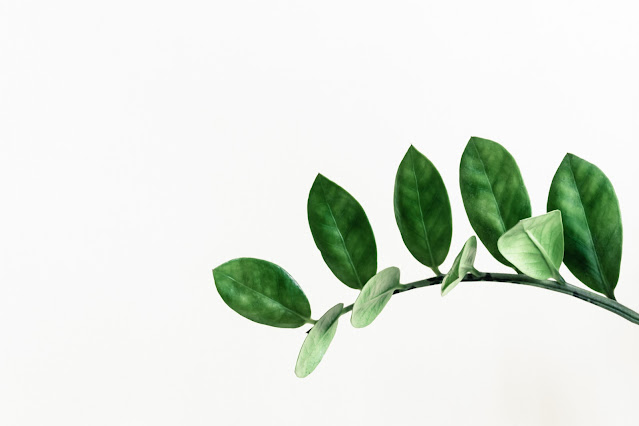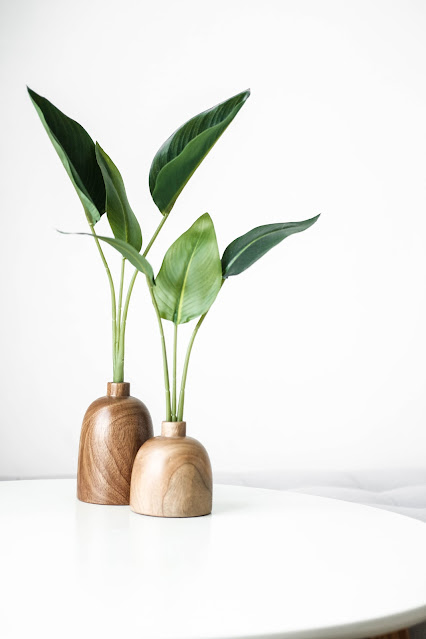Organic cultivation is becoming increasingly popular among growers for its sustainability and the health benefits it provides to plants.
Not only does organic cultivation help protect the environment, but it also keeps your plants healthy and vibrant by avoiding harsh chemicals that can damage their delicate cells.
From choosing an appropriate growing medium to selecting beneficial pest control methods, these tips will help you create a thriving garden free from harmful toxins.
So if you're looking for ways to take your organic gardening skills up a notch, look no further than this guide!
1. Understand the Basics of Organic Growing
Before you can get started with organic cultivation, it's important to understand the basic principles of organic gardening.
This includes the use of natural fertilizers and pest control methods, as well as avoiding artificial growth enhancers or chemicals that could harm your plants.
It's also important to choose a growing medium that will provide optimal nutrients for your plants without the need for extra additives.
Organic plants require nutrient-rich soil to thrive. Start with a high-quality organic potting mix that contains the right balance of minerals and nutrients for your plants.
If needed, add additional organic fertilizers like compost or manure to boost the fertility of your soil and ensure its providing enough nutrition for your plants.
Just make sure to check the ingredients and avoid synthetic fertilizers or chemical additives.
Having healthy soil is essential for a thriving garden, and this means more than just providing the right balance of nutrients.
It also requires an ecosystem of beneficial organisms that help to keep the environment healthy and productive. Read more on the process of using soil as an ecosystem here.
Things like bacteria, fungi, worms, and other microbial life forms work together in a symbiotic relationship to create an optimal growing environment for your plants.
Temperature and humidity levels have a huge impact on the health of your plants.
Too high or too low, and you'll experience stunted growth or worse. Invest in a thermometer and hygrometer to keep track of both temperature and humidity.
Then make adjustments as needed to keep them within the ideal range for optimal plant health.
Pruning and training your plants properly is essential for optimal growth and health.
You can use techniques like topping, FIM-ing, and low-stress training to help shape the structure of your plants in a way that maximizes airflow and light exposure while also promoting vigorous growth.
Plants rely on their environment to survive and thrive, so it's important to create an optimal growing space with plenty of light, water, and airflow.
Make sure to select the right lighting setup and provide your plants with enough hydration (but not too much!) and plenty of fresh air circulation.
This can also be affected by the growing method you choose, so be sure to research based on indoor or outdoor growth, container vs. ground growth needs and even the type of plant.
For example, something domestic and traditional will have different needs than sinsemilla.
Organically grown plants are particularly vulnerable to pests, so it's important to take preventative measures to protect them.
Look for natural pest repellents like neem oil or diatomaceous earth that can ward off insects without exposing your plants (or you!) to harsh chemicals.
While prevention can be a great way to help minimize the chance of an infestation, having a backup plan just in case is crucial.
Conclusion
Organic cultivation is a great way to enjoy the benefits of home-grown plants without compromising your health or that of your plants.
By following these seven tips, you can create an optimal growing environment for your plants and ensure they are well taken care of from start to finish.
With proper soil nutrition, temperature and humidity control, pruning techniques, adequate light exposure, and air circulation, as well as natural pest repellents, you’ll be able to grow big healthy buds from toxins with ease.
So get out there and start reaping the rewards of organic cultivation today!


